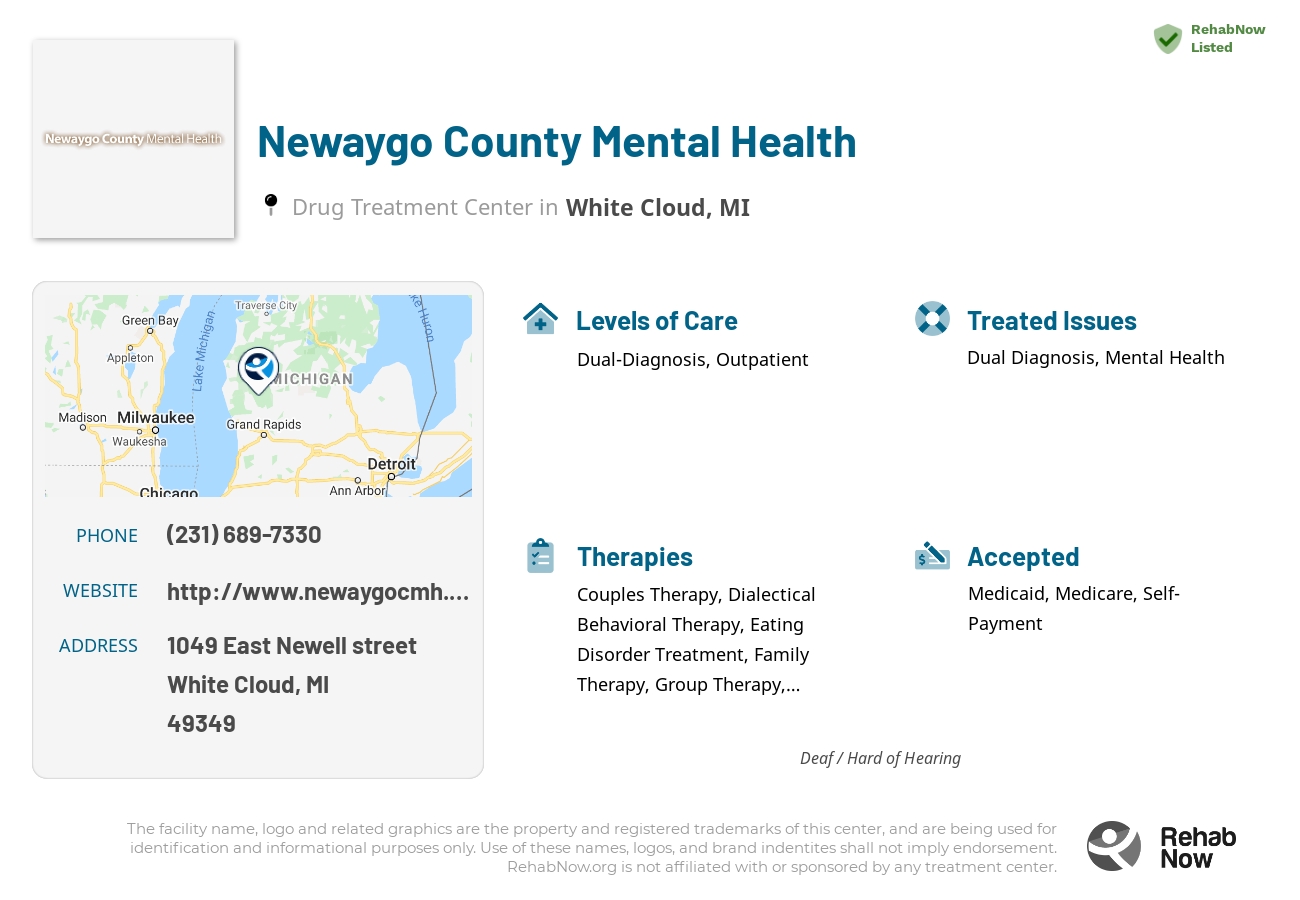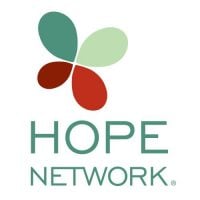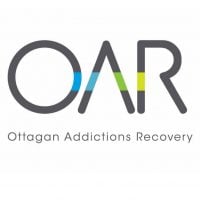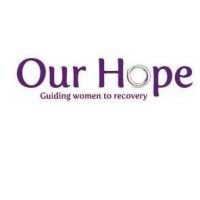
Newaygo County Mental Health
Drug Rehab Center in White Cloud, Michigan
- Mental Health
- Eating Disorder
- Dual Diagnosis
Newaygo County Mental Health provides mental health services, including outpatient and residential services and comprehensive therapies, to help those struggling with mental health issues or dual-diagnosis live healthier and more balanced lives.
About Newaygo County Mental Health in Michigan
Newaygo County Mental Health is located in White Cloud, Michigan and provides mental health services to those in need. Their experienced staff is dedicated to helping those struggling with mental health issues or those who have a dual-diagnosis. They are committed to providing quality treatment, and helping each individual to live a healthier and more balanced life.
The team at Newaygo County Mental Health offers outpatient and residential services, along with comprehensive therapies such as Dialectical Behavioral Therapy, Couples Therapy, Family Therapy, Group Therapy and more. These therapies give individuals the support and guidance they need to work through their mental health issues and develop better coping skills. They also offer specialized treatment for eating disorders, offering hope to those suffering from it. With their specialized care, individuals struggling with these issues can find relief and recovery.
Genders
Ages
Modality
Additional
Conditions and Issues Treated
Dual-Diagnosis
Dual diagnosis refers to someone who has both an addiction and a mental or emotional illness. Dual diagnosis treatment includes therapy for both issues simultaneously, allowing for effective treatment of either.
Sometimes people with addiction disorders also have co-occurring disorders like depression, anxiety, bipolar disorder, etc. These require specialized treatment programs that address both drug and alcohol addiction as well as psychiatric illnesses. Some rehabilitation facilities provide patients with co-occurring disorders a program with highly integrated services and a clean, distraction-free environment.
Dual Diagnosis (Co-Occuring Disorders), Mental Health
Levels of Care Offered
This center offers a variety of custom treatment tailored to individual recovery. Currently available are Dual-Diagnosis, Outpatient, with additional therapies available as listed below.
Outpatient Program
Alcohol or drug addiction, or co-occurring disorders, are treated in an outpatient program. The patient must attend therapy and other programs at the facility but can return home each night.
Outpatient treatment allows recovering addicts to live at home while receiving addiction treatment. Outpatients can attend group sessions for a few hours per week. Outpatients may also continue to work full time and study/attend school without interruption if they choose.
Therapies & Programs
Individual Therapy
Different people react differently to various treatment options. Some drug rehabilitation centers offer individualized treatment that caters to the specific needs of a drug addict. The best treatment option varies on an individual depending on the type of drug abused, life history, medical condition of the person, social circumstances, and the environment they live in now.
When a person enters drug rehab, they usually have anti-drug associations such as withdrawal symptoms, stress, cravings, etc. The first step of drug rehab is to detoxify the body from any residual substances in it. Drug rehabilitation centers usually employ trained medical professionals to help in this process. Usually, the initial detoxification lasts for five days, where the person is monitored under close supervision.
Couples Therapy
Couples therapy is a treatment method used to help couples in which at least one member of the couple has a drug addiction. The treatment is designed to help the couple strengthen their relationship to minimize the effects of drug addiction on their lives and promote healthy communication between them.
Couples therapy can be used whether the addicted partner is using drugs or in recovery. It helps the couple create healthy communication and coping skills to minimize the problem-solving abilities of one partner, which can then be directed at solving issues related to their addiction. It also helps couples address problems that may be related to drug addiction. Couples therapy can help couples feel like a team and not feel like their partner is the problem.
Couples therapy is very challenging for both the drug addict and their partner. It requires an intense commitment between the two individuals to participate in the sessions and the homework assigned between sessions.
An additional benefit of couples therapy is that it can help make other types of treatment, such as 12-step programs, more effective.
Family Counseling
Family therapy sessions typically involve the addict and their family members. During these sessions, a therapist will work with everyone involved to help them understand addiction and find healthy ways of coping without substance abuse.
Some addicts might feel embarrassed about their substance abuse problems. By encouraging family members to attend these sessions, therapists can show addicts that they’re not alone in dealing with addiction. Therapists can also work with family members to help them understand addiction and learn how to offer support and encouragement to their loved one as they deal with substance abuse issues.
Attending group therapy at Newaygo County Mental Health in , is a useful way for those seeking sobriety to realize they aren’t the only one going through it.
This is when a group of people on different recovery phases get together and talk about what they’re going through, their triggers, successes, and failures. This can include alternative types of therapies too! Group therapy may occur on an outpatient or inpatient basis with groups that have no pre-existing relationships outside the session, unlike support groups where everyone already knows each other beforehand.
Trauma therapy is a form of therapy used to help people process and understand past traumas. This can help struggling addicts, as many people turn to drugs or alcohol to mask the pain of their past. Trauma therapy can be done in several ways, such as through visualization, discussion, and writing down thoughts and feelings. The goal is to help the individual understand why they are having problems coping with certain situations and changing how they think and react to things. This is often done in tandem with other therapies to treat the underlying issues associated with addiction.
The idea behind trauma therapy is that while some people can experience traumatic events and not have lasting psychiatric symptoms, many others will. In these cases, memories get hidden from consciousness but continue to influence how the person processes and copes with things in their life. They may avoid situations that resemble what happened or become suddenly angry or irritated to a situation that reminds them of a past event. With the help of a therapist, people can go back over memories and experiences. This helps them understand why they are having problems coping with certain situations and changing how they think and react to things.
The use of Rational Emotional Behavior Therapy for addicts has been shown to have positive and desirable outcomes. It is a form of specific counseling that replaces negative and self-limiting thoughts with positive and productive behaviors. Self-defeating thoughts and habits can limit your possible successes. Some examples of this are procrastination, unhealthy eating, and angry outbursts. You may not be aware that some unhealthy behaviors and thoughts are sabotaging your potential accomplishments.
Cognitive Behavioral Treatment (CBT), Couples Therapy, Dialectical Behavioral Therapy (DBT), Dual-Diagnosis, Eating Disorder Treatment, Family Therapy, Group Therapy, Individual Therapy, Outpatient Treatment (OP), Residential Long Term (>30 Days), Trauma Therapy
Payment Options Accepted
For specific insurance or payment methods please contact us.
Additional Details
Specifics, location, and helpful extra information.
White Cloud, Michigan 49349 Phone Number(231) 689-7330 Meta DetailsUpdated November 25, 2023
Staff Verified
Newaygo County Mental Health Patient Reviews
There are no reviews yet. Be the first one to write one.
White Cloud, Michigan Addiction Information
Michigan has the second-highest rate of drug and alcohol abuse in the nation. Heroin is linked to more than 50% of the state's hepatitis C cases. Marijuana is the drug most often associated with crimes in Michigan, followed by methamphetamines. Opioids alone are responsible for almost 20% of all drug overdose deaths in Michigan.
Treatment in Nearby Cities
- Harper Woods, MI (163.6 mi.)
- Lincoln, MI (141.2 mi.)
- Cassopolis, MI (113.9 mi.)
- Holland, MI (55.3 mi.)
- Dearborn Heights, MI (151.9 mi.)
Centers near Newaygo County Mental Health
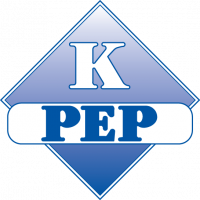
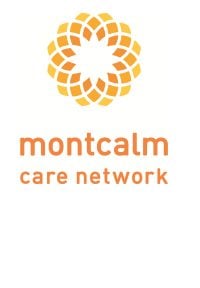
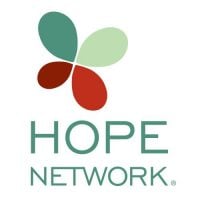
The facility name, logo and brand are the property and registered trademarks of Newaygo County Mental Health, and are being used for identification and informational purposes only. Use of these names, logos and brands shall not imply endorsement. RehabNow.org is not affiliated with or sponsored by Newaygo County Mental Health.


